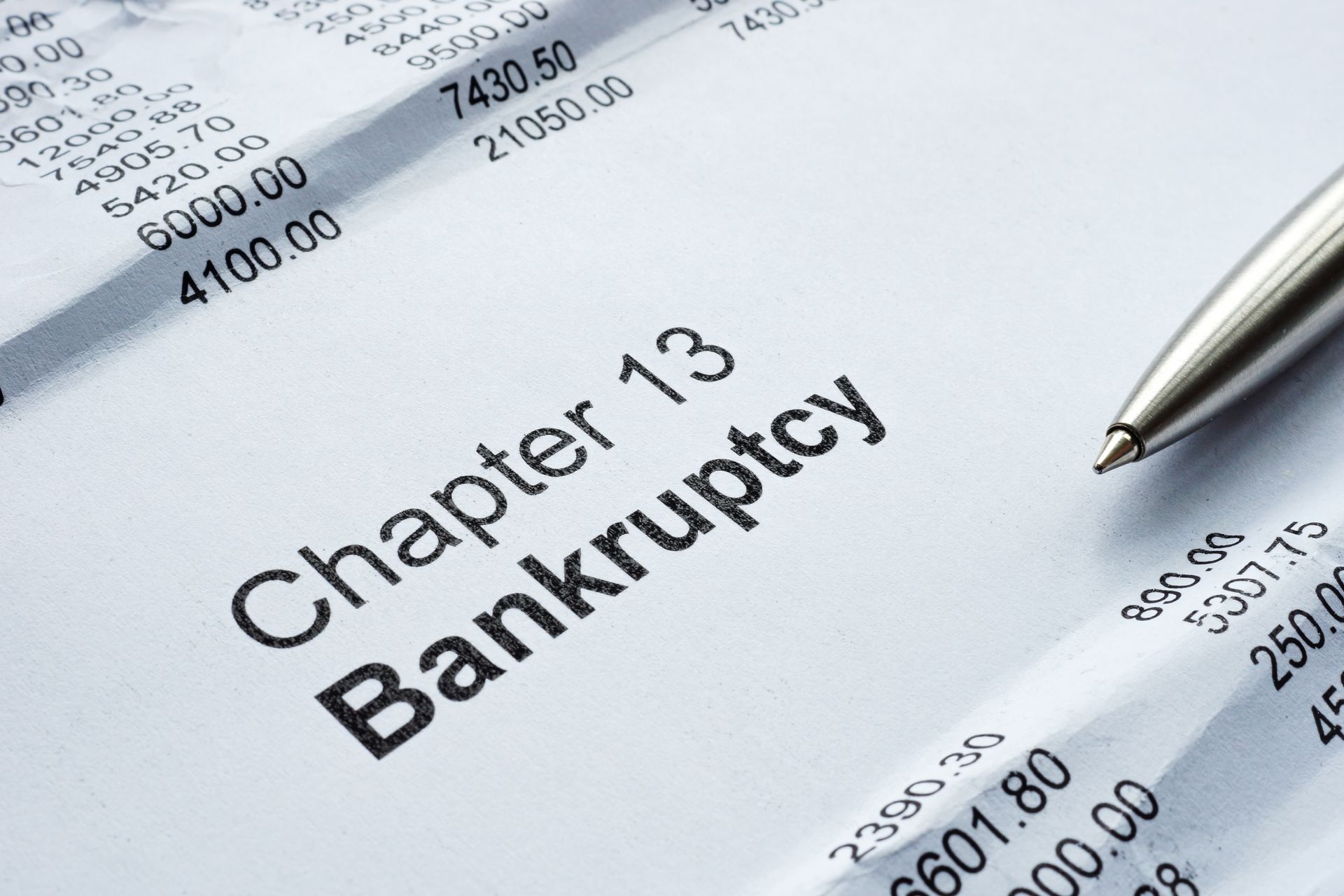Chapter 7 vs Chapter 13 Bankruptcy: Which is Right for You?
Chapter 7 vs Chapter 13 Bankruptcy: Which is Right for You?
For many people, filing for bankruptcy is a difficult and emotional decision. That being said, it can also be the best decision for those who are struggling with debt. Understanding the differences between Chapter 7 and Chapter 13 bankruptcy is essential to making an informed decision about which one is right for you. In this post, we'll break down the differences between the two types of bankruptcy and who should file for Chapter 13 bankruptcy.
Chapter 7 Bankruptcy
Chapter 7, also known as "liquidation bankruptcy," is designed for individuals who have little or no disposable income and are unable to pay back their debts. In a Chapter 7 filing, a trustee is appointed to sell the debtor's non-exempt assets (if any) to pay back lenders. Most debts, including credit cards and medical bills, are discharged, or eliminated, which means that the debtor is no longer legally responsible for them.
Chapter 13 Bankruptcy
Chapter 13, also known as "reorganization bankruptcy," is designed for individuals who have regular income and can afford to make monthly payments to creditors. Under Chapter 13, the debtor proposes a payment plan that will allow them to pay back their debts over a period of three to five years. The debtor's non-exempt assets are not sold, and once the payment plan is complete, most remaining debts are discharged.
Who Should File for Chapter 13 Bankruptcy?
Chapter 13 may be a better option for those who have a steady income but are struggling to keep up with their debts. It can be particularly useful for those who are behind on their mortgage or car payments and want to catch up on their payments while keeping their assets. It can also be a good option for those who have non-exempt assets they want to keep, or those who have debts that cannot be discharged in a Chapter 7 filing, such as certain tax debts.
At J. Singer Law Group, PLLC, we can assist the New York public with all bankruptcy matters. Our team of experts is committed to helping our clients navigate the complex legal system and achieve their financial goals. Whether you are considering Chapter 7 or Chapter 13 bankruptcy, our experienced attorneys can provide you with the guidance and support you need to make the best decision for your unique situation.
In conclusion, understanding the differences between Chapter 7 and Chapter 13 bankruptcy is critical to making an informed decision about which one is right for you. While each type has its advantages and disadvantages, consulting with an experienced bankruptcy attorney can help you weigh your options and make the best decision for your individual circumstances. At J. Singer Law Group, PLLC, we are committed to helping our clients achieve financial freedom and a fresh start. Contact us today to schedule a consultation and take the first step towards a debt-free future.











